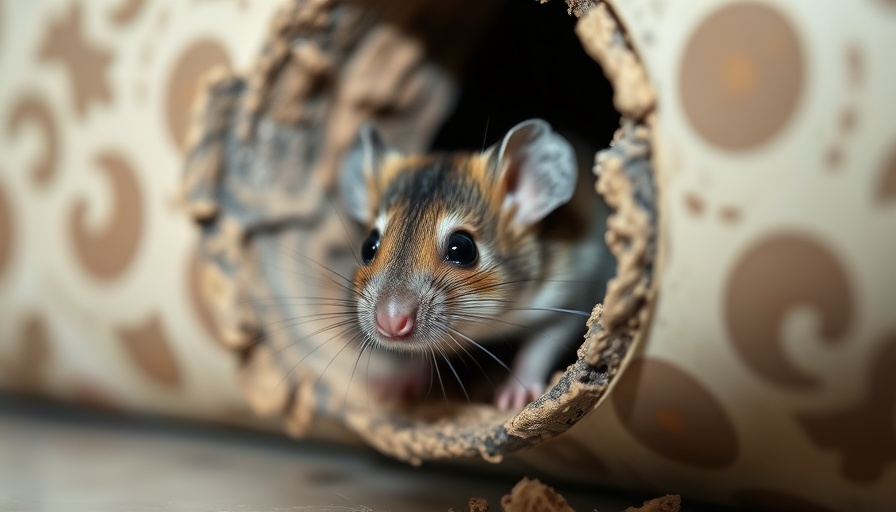
The Tragic Toll of Extreme Dieting: A Cautionary Tale
In a heart-wrenching case from Kerala, an 18-year-old girl named Sree Nanda tragically lost her life after adhering to an extreme dieting regimen inspired by an online weight loss trend. The perils of following fad diets without expert guidance are glaringly evident in this incident, as Sree succumbed to anorexia nervosa—a severe eating disorder marked by an intense fear of gaining weight and a distorted self-image. She had reportedly lived on hot water alone for six months, leading to severe malnutrition and death, a stark reminder of the deadly consequences of misguided health trends.
Understanding Anorexia Nervosa: Beyond a Diet
Anorexia nervosa is often misunderstood as merely a desire to lose weight, but it encompasses much more. It is a complex mental health disorder where individuals translate their fear of weight gain into destructive eating patterns. Sree's case illustrates the psychological struggles associated with this disorder. Studies, including those published in peer-reviewed journals, reveal that sufferers often see themselves as overweight even when they are dangerously underweight, which complicates recovery and treatment.
The Connection Between Social Media and Eating Disorders
The rise of social media platforms has given way to an influx of unrealistic body standards and diet fads. Young individuals, like Sree, can easily fall prey to the allure of quick weight loss solutions offered by influencers without understanding the health risks involved. Experts note that social media can amplify insecurities and lead to more severe psychological distress surrounding body image, especially among impressionable teenagers. Thus, more emphasis should be placed on educating these young users to discern trustworthy health information from harmful trends.
Spotting the Signs: What to Look For
Recognizing the signs of anorexia nervosa can be crucial in preventing tragedies like Sree's. Key indicators include extreme weight loss, fatigue, hair thinning, and a preoccupation with food and dieting. If someone exhibits these symptoms, it’s essential to approach them with compassion and encourage seeking help from mental health professionals. Normalize discussions surrounding body image and mental health; it's crucial to create an environment where individuals feel safe discussing their struggles.
Creating Healthy Relationships with Food
To combat the rise of eating disorders, it's vital to foster healthy relationships with food and self-image. This includes promoting balanced, varied diets and emphasizing self-acceptance, regardless of body size. Initiatives in schools and communities that focus on nutrition education, mental health awareness, and self-esteem building can empower individuals to make healthier choices without the fear of stigmatization.
Moving Forward: Actionable Insights
As we reflect on this tragic story, it is imperative to advocate for responsible dietary practices. Always consult healthcare professionals before starting any new diet plan, particularly those proposed on online platforms without supporting scientific evidence. Moreover, collectively promote body positivity and mental health awareness to safeguard our communities against similar fates in the future.
 Add Row
Add Row  Add
Add 




 Add Row
Add Row  Add
Add 

Write A Comment